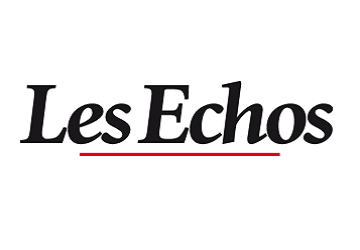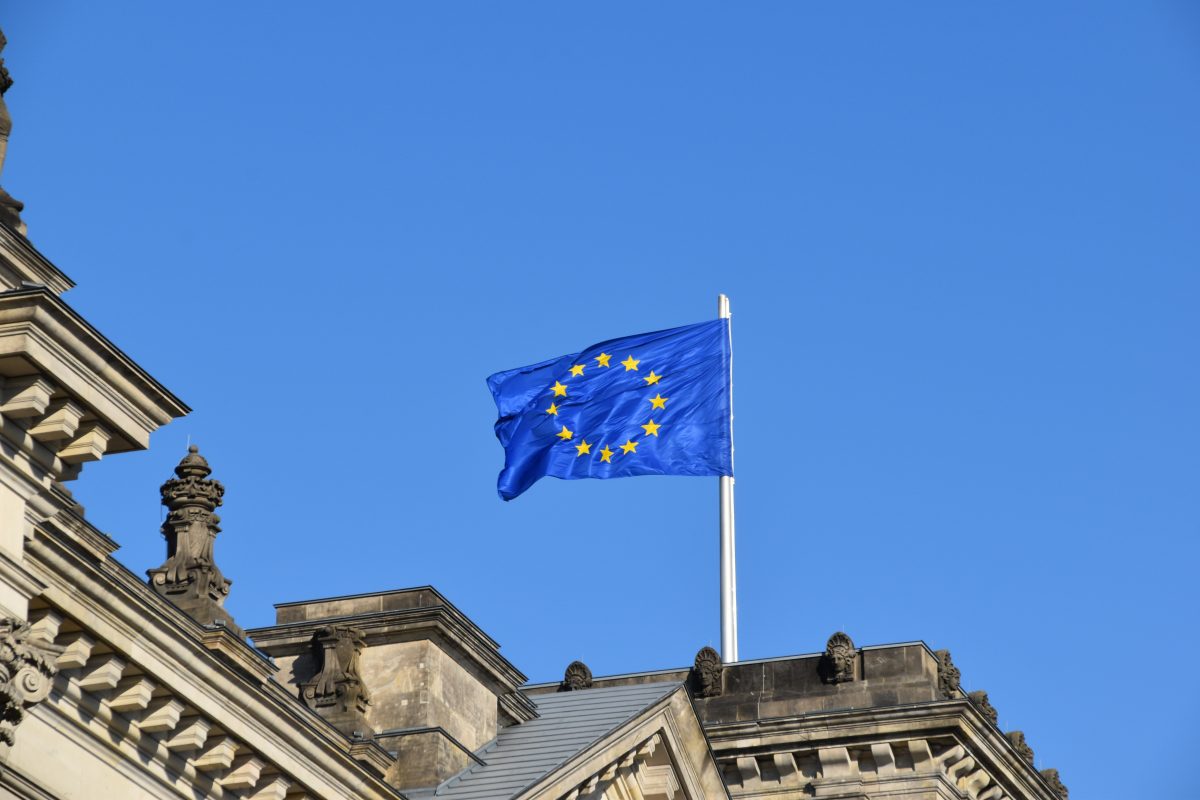The most recent major financial crisis, resulting from widespread over-indebtedness in the private sector, was at the root of a significant risk of deflation. Monetary authorities reacted appropriately with unconventional monetary policies, and short-term and long-term interest rates approaching zero, or even negative.
We have not been exposed to the risk of deflation for several years now. Growth returned along with a sharp recovery in credit, even if we are seeing the first signs of a slowdown indicating a classic downturn in the economic cycle. Given the decline in deflation risk, it is no longer necessary to maintain an extremely accommodative monetary policy. And yet, the fact that the level of inflation is below central banks’ objectives is feeding the fear that a significant rise in rates will cause insolvency problems, and leading monetary authorities to continue their unconventional policies.
However, if we study past financial crises, we can very clearly identify the signs indicating a maturing financial cycle, leading sooner or later to the return of a potential systemic crisis. Indeed, keeping rates too low – i.e., nominal interest rates significantly below nominal growth rates – for too long creates a vicious cycle. For this reason, economic players are encouraged to take on even more debt rather than repaying their debt, making a rise in rates even more difficult. And this is pushing savers, as well as the players managing these savings (pension funds, life insurance, investment funds, etc.), to take more and more risks in order to gain returns. All these behaviours contribute to increased financial instability. In this way, the rate of global debt has greatly increased: it stood at 190% in 2001 and 200% in 2008, before rising to 230% in 2018. Savers and institutional investors take larger risks in order to keep from offering negative rates to savers themselves. This constant increased risk-taking characterises a rising phase in the financial cycle. This type of phase has repeated itself throughout history and today, for example, takes the form of investments that are increasingly long-term and illiquid, including greater and greater credit risks.
Such a bubble as this one could burst as a result of the rise in interest rates. This rise will probably not happen quickly if inflation remains low in the long term for structural reasons. This should, moreover, raise questions about the inflation targets of central banks themselves, as explained by Jacques de Larosière in this newsletter. What, then, are the factors that could cause the bubble to burst? A major slowdown in growth, due to the investment cycle or to geopolitical crises, would lead to a decline in public or private revenues, making debt repayment more difficult and compromising the value of investments.
Banks, being better capitalised and better protected against liquidity risk than before, are less risky; the financial crisis is probably more likely to come from “shadow banking”, in a broad sense. The portion of finance not mediated by banks is indeed constantly growing. Yet, the structure of the flattened yield curve and negative rates are also gradually weakening banks. This could eventually limit their capacity to increase the amount of their lending and finance growth, thereby weakening the European banking sector.
Ultimately, the main risk is that central banks, which have successfully fought catastrophic risks with innovative instruments, will want to return to an inaccessible inflation rate and will use these same tools to cope with reversals of economic trends and to protect players carrying significant debt. The central banks seem to have adopted an imbalanced attitude: while very accommodative during crises, it has not sufficiently supported the decline in deflation risk and the return to growth with a rise in rates. This attitude will certainly help to delay the next crisis in the short term, but, on the one hand, it will make monetary policy far less effective when we are once again in need of it on a massive scale; and, on the other, it is a powerful factor in the development of long-term financial instability. This policy contains the risk of an even greater financial crisis, when it arrives.
Co-written with Eric Lombard,
CEO of the Caisse des Dépôts.


